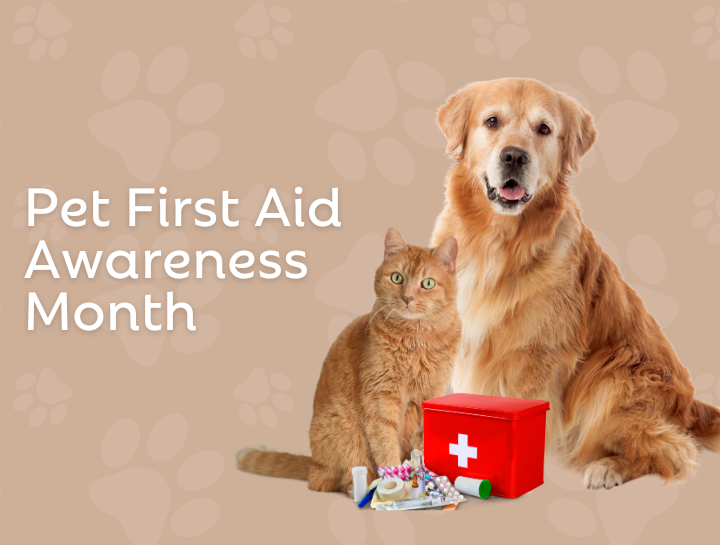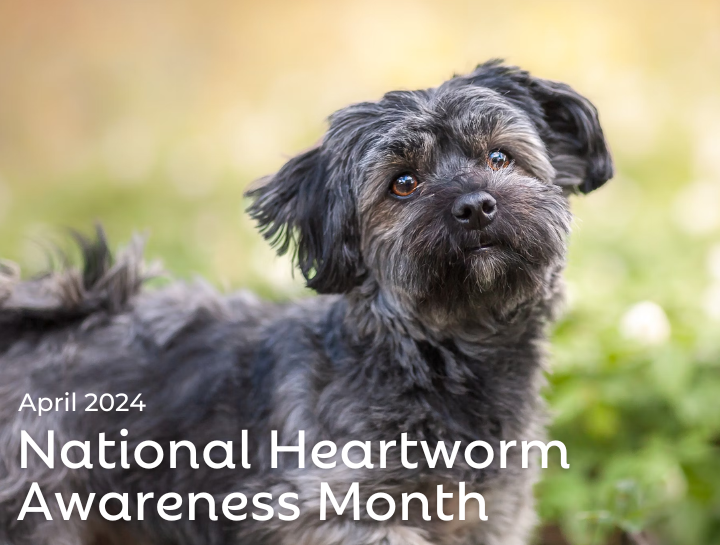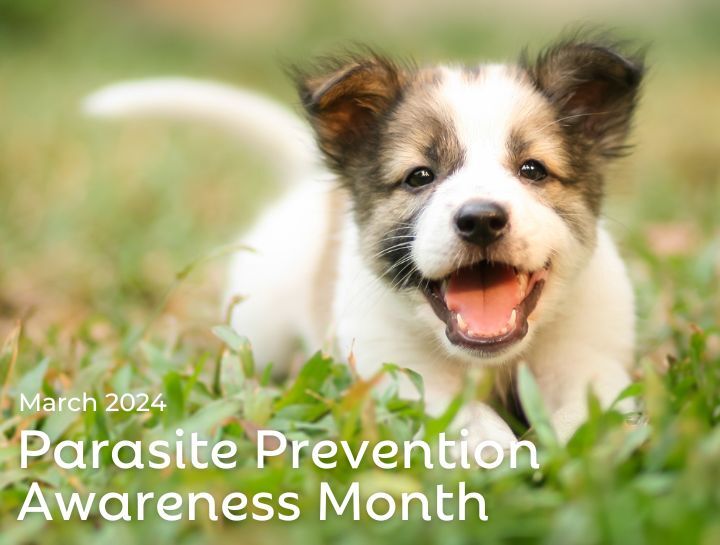News & Articles
-
April 8, 2024
Pet First Aid Awareness
April is Pet First Aid Awareness Month! Find a list of items to keep in your pet first aid kit in the event of an emergency.
READ MORE -
April 1, 2024
National Heartworm Awareness Month
April is National Heartworm Awareness Month
READ MORE -
March 18, 2024
National Poison Prevention Week
Keep your pet safe this National Poison Prevention Week by knowing what to keep out of your pet’s reach. Read these important pet poison prevention tips from Animal Care Center of Hays County.
READ MORE -
March 11, 2024
Pet Travel Safety Tips
Pack those pet passports and buckle up, furry friends! From road trip rovers to jet-setting furballs, we're dishing out the secrets to make your travels as tail-waggingly awesome as possible! Traveling with pets can be tricky, but we’re here with pet travel safety tips to make your journey safe and easy.
READ MORE -
March 4, 2024
Parasite Prevention Month
Parasite prevention is important to keep your pets healthy. Learn about internal and external parasites and how to prevent them.
READ MORE -
February 12, 2024
Responsible Pet Ownership
It's that time of year again! February is not just about heart-shaped chocolates and romantic gestures; it's also Responsible Pet Owners Month!
READ MORE -
February 2, 2024
Now Available: Mobile App & Online Booking
We have some exciting new features available at Animal Care Center of Hays County!
READ MORE



.jpg)



